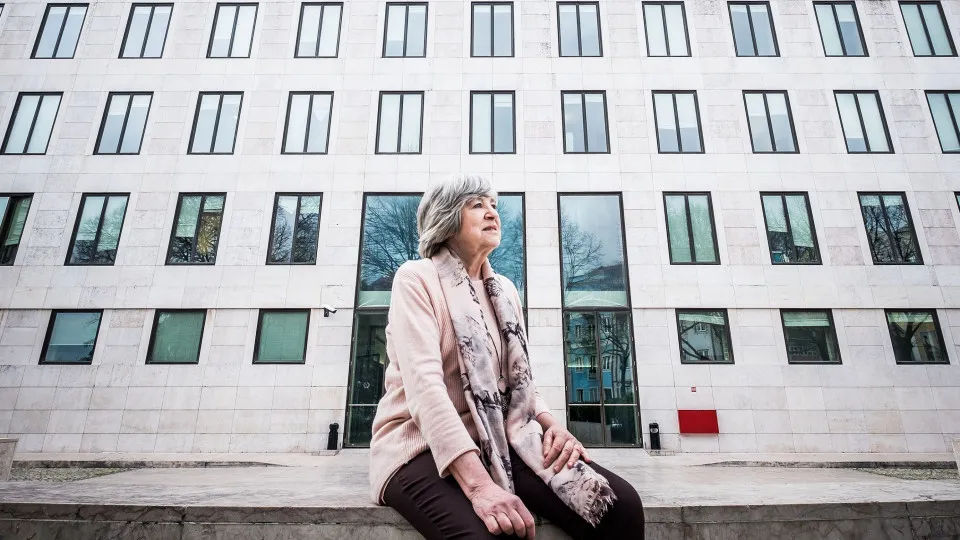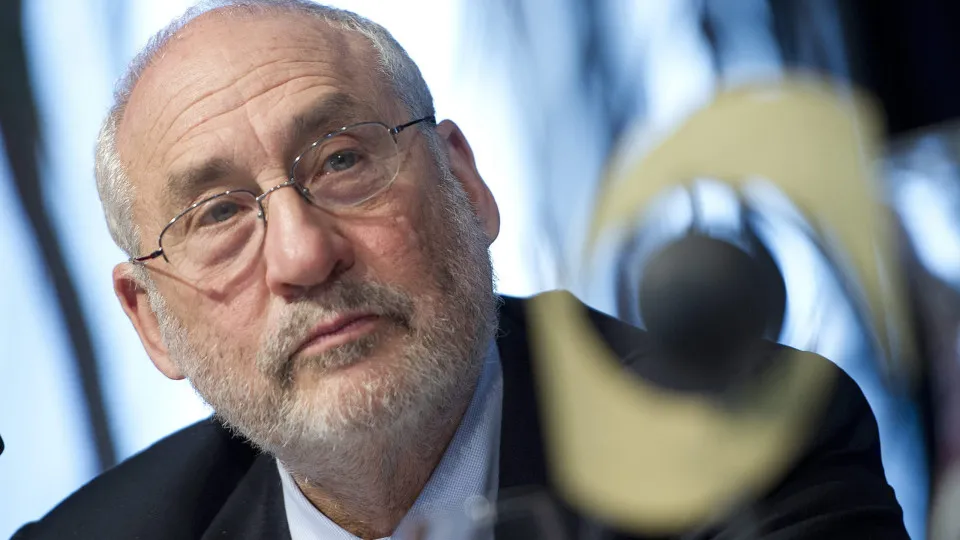
On World Journalism Day, celebrated today, Marisa Torres da Silva, coordinator of the communication sciences department at the Faculty of Social and Human Sciences at Nova University of Lisbon (Nova FCSH), stated that the words journalism and crisis are intertwined.
Journalism is experiencing a crisis “that has intensified in recent years due to various factors such as media ownership, social and political issues, and precarious working conditions.”
In this context, “the outlook is not encouraging,” assured the professor.
From another perspective, researcher Miguel Paisana from Obercom, CIES-ISCTE, and Iberifier – Iberian Digital Media Observatory, believes there is “good journalism that people trust.”
According to the Digital News Report Portugal 2025 (DNRPT25), most of the 2,012 respondents “primarily rely on trusted news brands (38%) and official sources (38%), such as institutional websites, followed by search engines (35%) and independent fact-checkers” like Polígrafo (22%), and “a minority consults more than three different sources to verify suspicious information.”
Thus, “there are reasons to be satisfied with journalism, but many others not to take its quality for granted,” says Paisana, highlighting the challenge of misinformation.
As of the beginning of the month, 310 active journalistic companies and two active news agencies, namely the Lusa news agency and MadreMedia, were registered with the Communication Regulatory Authority (ERC).
The regulator explained to Lusa that journalistic companies own publications that primarily edit periodic publications, while news agencies primarily focus on collecting and distributing news, comments, or images.
Furthermore, according to the Journalists’ Professional License Commission (CCPJ), there are 5,232 professional journalist license holders in Portugal, of which 3,073 are male and 2,159 are female.
The most represented age group, with 1,549 people, is between 51-60 years old, followed by 1,349 individuals aged 41-50, and 741 individuals aged 31-40.
The press is the medium that aggregates the most journalists (1,977), followed by television (1,034) and radio (515).
Regarding World Journalism Day, Marisa Torres da Silva highlights it as a relevant event “to mark the importance journalism has in society, but also to emphasize its relevance, especially in these current dark times.”
“It is a very important commemoration for raising awareness of the obstacles and constraints journalism currently navigates, through attacks on press freedom, journalists’ freedom of action, pressures that nowadays do not only occur in non-democratic regimes,” explains the professor.
Similarly, Miguel Paisana also emphasizes the date as a space to discuss the importance of journalism and the professionals dedicated to the profession.
“It is an occasion to highlight the importance that journalism is made by people. There is a human dimension behind it that is often not mentioned or recognized,” concludes the researcher.
This year, the Lusa news agency is part of the World News Day campaign to draw public attention to the role journalists play in delivering credible news that serves citizens and democracy.




